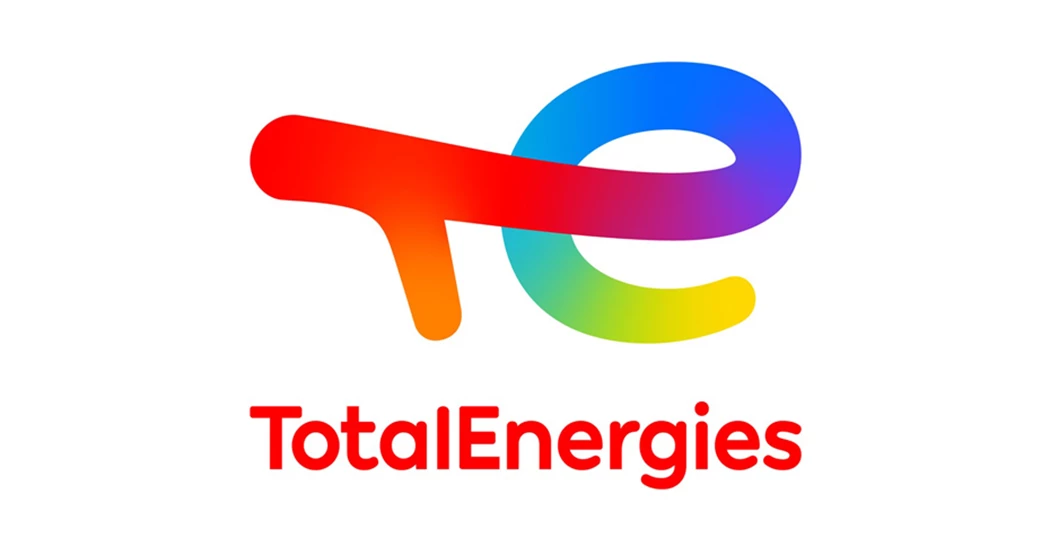TotalEnergies launches Marsa LNG project and deploys multi-energy strategy in Oman
TotalEnergies on Monday announced the Final Investment Decision (FID) of the Marsa LNG project in Oman, combining upstream gas production, downstream gas liquefaction and renewable power generation to position the Sultanate as a hub for low-carbon LNG bunkering operations.
The announcement forms part of the visit to Muscat by Patrick Pouyanné, Chairman and CEO of TotalEnergies, during which he met with His Majesty Sultan Haitham bin Tariq Al Said and His Excellency Eng. Salim bin Nasser Al Aufi, Oman’s Minister of Energy & Minerals, to reaffirm the long-term partnership between TotalEnergies and the Sultanate of Oman. The FID was announced by Pouyanné and Mulham Basheer Al Jarf, Chairman of OQ, the Oman National Oil Company.
TotalEnergies had signed a Sale and Purchase Agreement (SPA) with Oman LNG to offtake 0.8 Mtpa of LNG for ten years from 2025, making the company one of the main offtaker of Oman LNG's production. TotalEnergies (49%) and OQ Alternative Energy (51%), the national renewable energy champion, have confirmed being at an advanced stage of discussions to jointly develop a portfolio of up to 800 MW, including the 300 MWp solar project that will supply Marsa LNG, TotalEnergies said in a statement.
Through their joint company Marsa Liquefied Natural Gas (Marsa), TotalEnergies (80%) and OQ (20%) have launched the integrated Marsa LNG project which combines:
- Upstream gas production: 150 Mcf/d of natural gas, coming from the 33.19% interest held by Marsa in the Mabrouk North-East field on onshore Block 10, which will provide the required feedstock for the LNG plant. Block 10 production started in January 2023 and reached plateau in April 2024. The FID allows Marsa LNG to extend its rights in Block 10 until its term in 2050.
- Downstream gas liquefaction: a 1 Mt/y capacity LNG liquefaction plant will be built in the port of Sohar. LNG production is expected to start by the first quarter 2028 and is primarily intended to serve the marine fuel market (LNG bunkering) in the Gulf. LNG quantities not sold as bunker fuel will be off-taken by TotalEnergies (80%) and OQ (20%).
- Renewable power generation: a dedicated 300 MWp PV solar plant will be built to cover 100% of the annual power consumption of the LNG plant, allowing a significant reduction in greenhouse gas emissions.
Setting low carbon intensity standards
The Marsa LNG plant will be 100% electrically driven and supplied with solar power, positioning the site as one of the lowest GHG emissions intensity LNG plants ever built worldwide, with a GHG intensity below 3 kg CO2e/boe, TotalEnergies said. For reference, the average emission intensity of LNG plants is around 35 kg CO2e/boe - this represents a reduction in emissions of more than 90%.
The main Engineering, Procurement and Construction contracts have been awarded to Technip Energies for the LNG plant and to CB&I for the 165,000 m3 LNG tank. The Marsa LNG project will generate long-term employment opportunities and significant socio-economic benefits for the city of Sohar and the region.
The first LNG bunkering hub in the Middle East
The ambition of the Marsa LNG project is to serve as the first LNG bunkering hub in the Middle East, showcasing an available and competitive alternative marine fuel to reduce the shipping industry's emissions. Compared to conventional marine fuel, LNG helps to cut:
- Greenhouse gas emissions by up to 23%,
- Nitrogen oxide emissions by up to 85%.
- Sulfur emissions by 99%,
- Fine particle emissions by 99%.
“We are proud to open a new chapter in our history in the Sultanate of Oman with the launch of the Marsa LNG project, together with our partner OQ, demonstrating our long-term commitment to the country. We are especially pleased to deploy the two pillars of our transition strategy, LNG and renewables, and thus support the Sultanate on a new scale in the sustainable development of its energy resources,” said Patrick Pouyanné.
“This very innovative project illustrates our pioneer spirit and showcases the relevance of our integrated multi-energy strategy, with the ambition of being a responsible player in the energy transition. By paving the way for the next generation of very low emission LNG plants, Marsa LNG is contributing to making gas a long-term transition energy,” he added.





